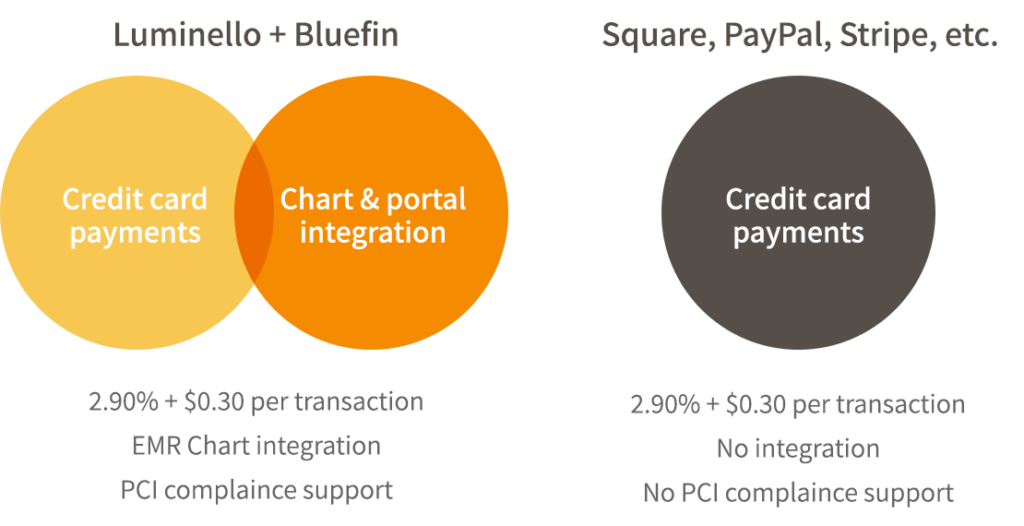As providers, we know that mental health is a fundamental aspect of overall well-being. Like any other health care, mental health care should be a right, not a privilege. Mental health care disparities among people of color (POC) have long been a critical concern in health care systems. Racial disparities in income, employment, housing and education contribute to higher baseline stress and vulnerability for experiencing trauma.
People of color experience much higher rates of discrimination, harassment, and micro-aggression, that have all been shown to take a significant emotional toll. Despite the obvious need for adequate mental health care for this population, research has shown that these groups are often less likely to seek out or have access to mental health services. This article explores the various factors contributing to these disparities and highlights potential individual and systemic strategies to bridge the gap.
Lack of Representation in Mental Health Providers
The underrepresentation of mental health professionals from diverse backgrounds and racial identities is a widely acknowledged problem. It is understandable that clients often feel more comfortable opening up to and engaging with a provider who understands their life experiences. This lack of adequate representation in the mental health workforce understandably contributes to mistrust and disengagement.
The Bureau of Labor Statistics published in 2019 that close to 70% of U.S. social workers and 88% of mental health counselors were white. Without adequate representation, POC or other marginalized groups have valid concerns about being judged, facing white savior-ism, and being misunderstood by counselors who do not know the unique stressors they face. The American Psychological Association published that marginalized groups are more likely to receive poor quality of care and drop out of treatment prematurely.
Steps Forward
Focus on Recruitment: Direct attention should be taken to create job opportunities and recruit students from communities that have the greatest need for a representative mental health workforce.
Decreasing Barriers to Entering the Mental Health Profession: Schools and professional programs need to address inhibiting factors for POC who are seeking this profession. Inhibiting factors may include cost, expectation for unpaid internships, and micro-aggression experienced in a predominately white cohort.
Historical Racism in Psychological Practices
Psychology had been used historically to oppress POC. With the rise of the Atlantic slave trade, “scientific racism” was used to justify slavery in an effort to appease the moral opposition. Black men and women were described by physicians as having “primitive psychological organization,” making them “uniquely fitted for bondage.”
While this explicit form of psychological discrimination is now far less common, statistics show continued implicit discrimination among some organizations and providers which leads to POC receiving lower quality mental health care. Studies have shown that black individuals are diagnosed with schizophrenia at three and four times the rate of white individuals. While research shows that this disparity is created by complex factors, a significant cause is assessment bias during the diagnostic process.
Step Forward
Checking Bias and Receiving Consultation: As providers, we need to be vigilant for implicit bias within our practice. We can utilize supervision or peer consultation regularly to continue to monitor and adjust the way we provide care.
Socio-Economic Factors
Discriminatory practices, such as redlining, limited access to housing, education, employment, and wealth accumulation can create intergenerational economic disadvantages. Research has shown that one of the biggest factors in access to mental health care is socio-economic status. Low income POC communities often have limited health care facilities where they can seek treatment. Additionally, low income individuals often have limited or no access to health insurance, making getting care an extremely costly endeavor.
The same socio-economic factors that may limit a low income person of color to seek treatment also can impact a person of color from being able to pursue mental health as a profession. Mental health degrees are incredibly costly and take many years of educational training. During this time there is limited ability to work in gainful employment, and often there is an expectation to seek unpaid internships. For those who do not have the privilege of familial financial support, pursuing education is very inhibitive.
Steps Forward
Improving Access to Affordable Mental Health: Systemically advocating for expanded health care coverage for individuals of all socio-economic statuses.
Sliding Scale: When possible, providing a sliding scale for cost of services to allow for more economic diversity within our practices.
Telehealth: Utilizing Telehealth to ensure that remote or underserved areas have access to mental health care.
Advocacy: Advocating for increased production of health care facilities in low income or underserved communities.
Cultural Stigma and Help-Seeking Barriers
While stigma regarding receiving care is generally improving, it continues to be a barrier for many to seek care. Cultural norms and beliefs may influence the perception of mental health and mental health care. There can be concern that seeking mental health treatment may be deeply judged or misunderstood by others within the community. Lack of awareness about available resources and cultural competency within the health care system further exacerbate help-seeking barriers.
Steps Forward
Community Partnerships: Collaborate with community POC run organizations and leaders to develop culturally appropriate outreach programs, mental health education initiatives, and support networks.
Promotional and Informational Content: Increased funding for promotional content that gives psycho-education on what mental health care entails and resources available.
References:
American Psychological Association (2020b). Demographics of the U.S. psychology workforce [interactive data tool]. https://www.apa.org/workforce/data-tools/demographics
American Psychological Association. (n.d.). Historical chronology. American Psychological Association. https://www.apa.org/about/apa/addressing-racism/historical-chronology
Black people, schizophrenia, and racial disparities – psycom. (n.d.). https://www.psycom.net/schizophrenia-racial-disparities-black-people


